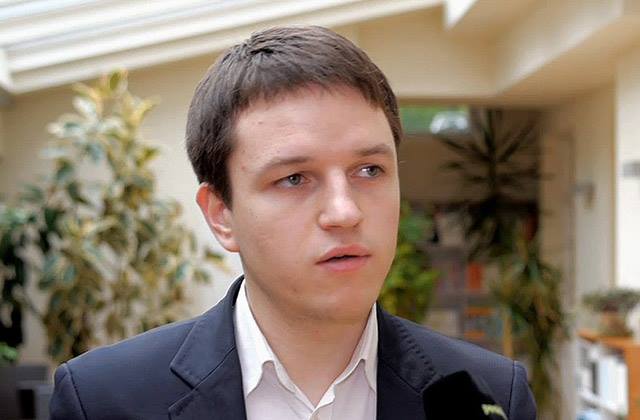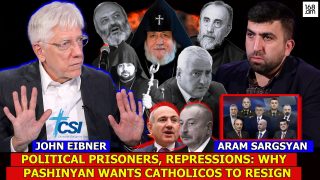
Armenia-EU Coming Accord might not be Equivalent to Association Agreement: European Analyst

“Factors restricting Armenia’s foreign policy are a lot,” Linas Kojala, representative of the Department of Political Analysis and Research at the Eastern Europe Studies Centre (Vilnius), authoritative European analyst, told 168.am today, touching upon the EU Eastern Partnership Program and Armenia-EU coming accord.
According to him, existent dissidences in the EU on the program still continue, as some of the EU member countries perceive one way of development towards the EU for EaP countries, and others— in another. However, regarding implementation of amendments, in his words, all parties are united: EaP countries should be improved, after which allocation of membership perspective to some of them may be considered.
According to Kojala, the program has unsolved issues, insufficient means, absence of EU membership perspective. In any case, Kojala stated that the EU senior officials got lessons from events in the Ukraine, trying to listen to proposals and issues of every country, which may be considered as quite a serious progress. In his conviction, all these will be implemented as much as the EU issue may allow, including migration crisis and issues of some EU member countries.
“I don’t think, that currently negotiated Armenia-EU document is equivalent to Association Agreement, as currently factors restricting Armenia are more, from which Nagorno-Karabakh conflict. Availability of conflict is already a big burden for country’s foreign policy. The same issue is existent both in Armenia and Moldova, as well as in the Ukraine. Russia makes use of conflicts to keep these countries apart from the West. The EU cannot reflect to these challenges yet, as for this, it’s necessary to provide security guarantees for these countries, meanwhile the EU is not able to do that. Many EU member countries consider that the country may raise its security level through improvement. Most of the EU member countries share the opinion that the EU itself isn’t able to interfere and resolve the conflict, especially when the EU perceives the South Caucasus as a zone of influence of Russia, thus, it tries to keep clear and not to impetuously interfere with those regional issues,” Linas Kojala said. The latter, however, expressed hope that Armenia and the European Union will fix their relations in that accord with maximal depth, to which extent present-day geopolitical situation allows, as both parties are interested in it.
By Araks Martirosyan























